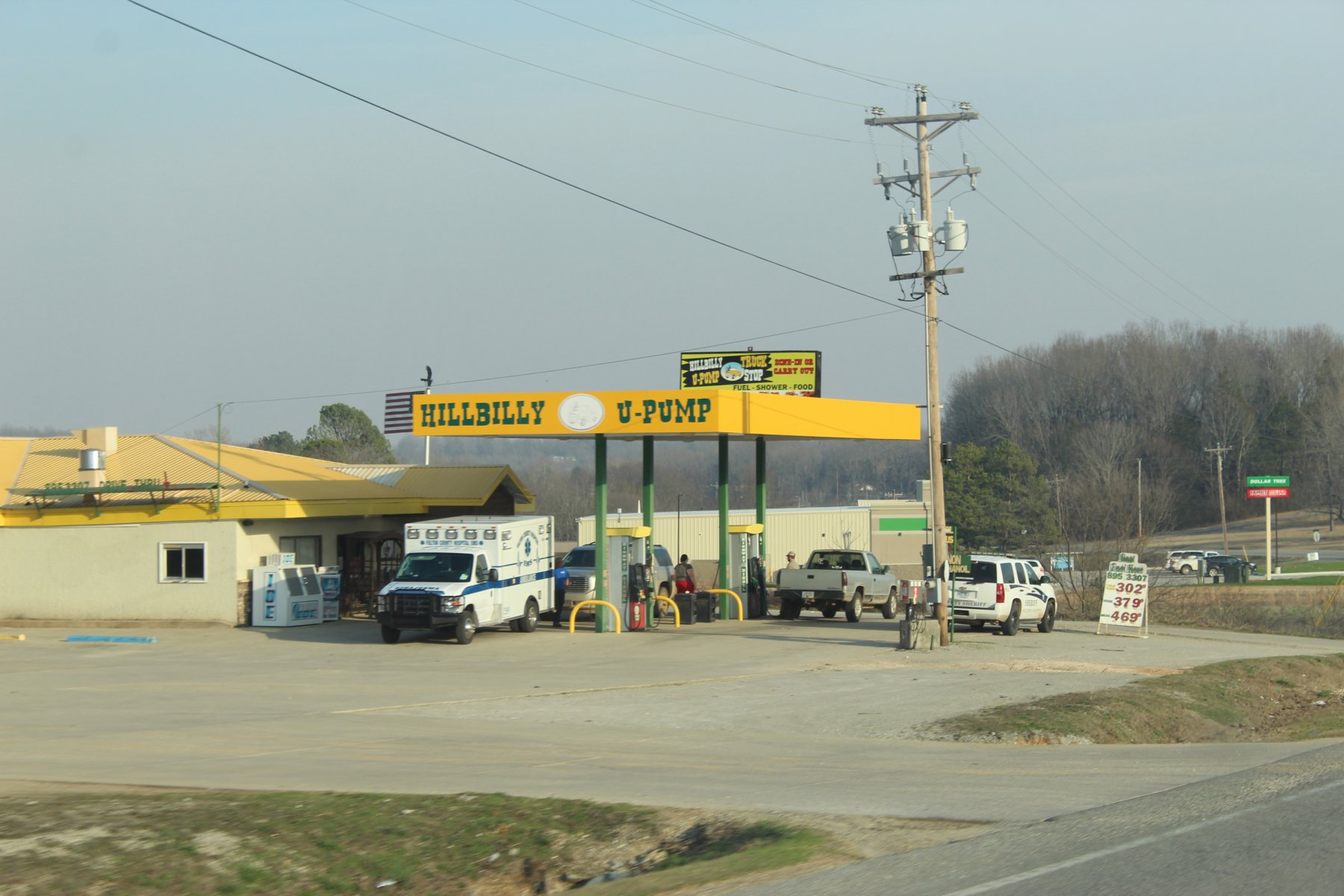Rock62
Well-Known Member
I've heard this term multiple times. Yet, I'm not clear as to what defines "Top Tier Fuel".
I know gasoline is made at refineries, piped to distribution centers and onto a mixer, then trucked to the local Go-Go Juice station.
The mixers is where all the additives are mixed. This separates Amoco, BP, Casey, QuickTrip........etc fuel. The basic gasoline is the same in all........
So, what makes a "Top Tier Fuel"? or is this all marketing foofoo dust.
I know gasoline is made at refineries, piped to distribution centers and onto a mixer, then trucked to the local Go-Go Juice station.
The mixers is where all the additives are mixed. This separates Amoco, BP, Casey, QuickTrip........etc fuel. The basic gasoline is the same in all........
So, what makes a "Top Tier Fuel"? or is this all marketing foofoo dust.

